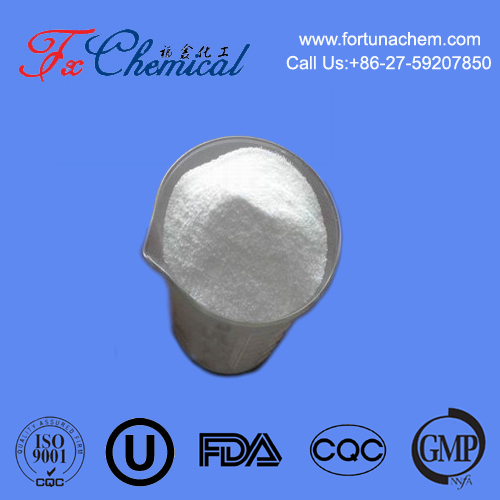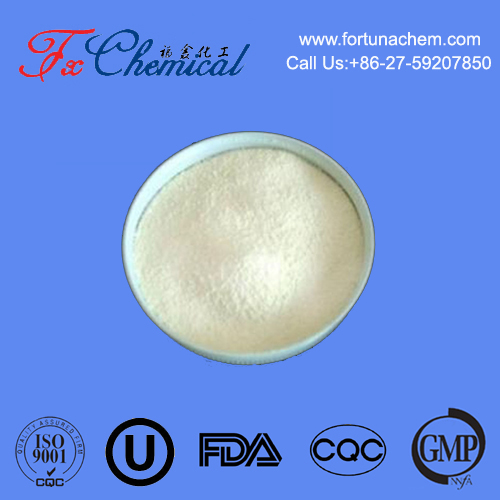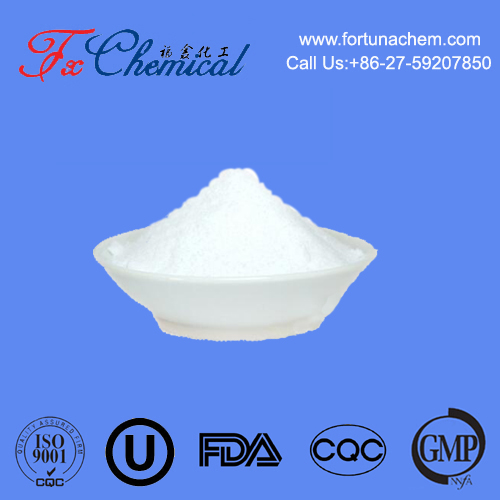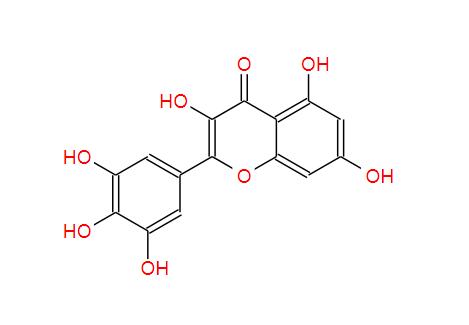
Search

Search

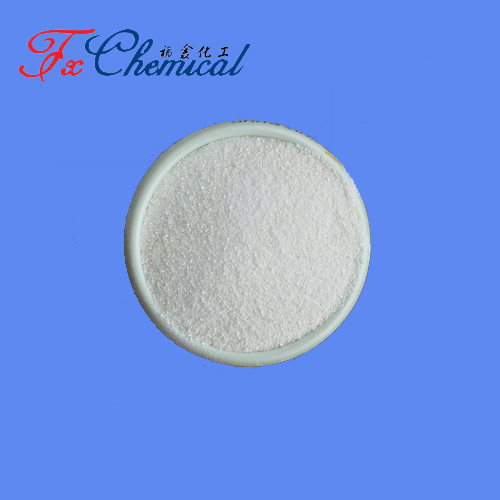

Antioxidant 245, also known as Butylated HydroxyToluene (BHT), is a chemical compound used as a preservative and stabilizer in various products. It belongs to a group of compounds called phenolic antioxidants, which help prevent the oxidative degradation of materials, particularly fats, oils, and other substances prone to oxidation.
BHT is commonly found in food products, cosmetics, pharmaceuticals, and even industrial applications. In food, it’s used to prevent spoilage and extend shelf life by slowing down the oxidation of oils, which can cause rancidity. It is also used in personal care products like lotions and shampoos to prevent the degradation of other ingredients.
However, its use in food products has been a subject of some debate, as some studies suggest that BHT could have potential health risks when consumed in large quantities, though regulatory agencies like the FDA have deemed it safe in small amounts.
Antioxidant 245 (also known as BHT or Butylated HydroxyToluene) is used primarily as an antioxidant and preservative in various industries. Here are its key applications:
Preservation: BHT is used to prevent the oxidation of fats and oils, which can lead to rancidity and spoilage. It helps extend the shelf life of products that contain oils, such as snack foods, baked goods, breakfast cereals, and processed meats.
Stabilizing Fats and Oils: It is particularly useful in products that contain vegetable oils, animal fats, and other lipids, which are prone to oxidative degradation.
Preservative: BHT is added to cosmetics (such as lotions, creams, shampoos, and lipsticks) to protect ingredients from oxidation and extend the shelf life of products.
Stabilizing Ingredients: It helps preserve the integrity of certain sensitive ingredients like vitamins (e.g., Vitamin E) and other oils.
Stabilizing Medications: BHT is used in the formulation of some pharmaceuticals, particularly those that contain oils or other substances prone to oxidation. It can help prevent the breakdown of active ingredients in medications.
Prevention of Degradation: Some vitamin supplements (especially fat-soluble vitamins like Vitamin A, D, and E) may contain BHT to prevent oxidative degradation.
Plastics and Polymers: BHT is sometimes used in the manufacturing of plastics and synthetic rubbers to protect the material from oxidative damage, which can weaken the product and lead to discoloration or brittleness.
Lubricants and Fuels: It is also used in industrial lubricants, hydraulic fluids, and fuels to prevent oxidation and improve the stability of these products.
Preservation: BHT can be used in animal feed to prevent the oxidation of fats and improve the overall shelf life and nutritional quality of the feed.
Stabilizing Flavor: In some tobacco products, BHT may be added to prevent the oxidation of aromatic compounds and preserve the flavor.
While BHT is commonly used, its application is regulated by food and drug authorities such as the FDA and European Food Safety Authority (EFSA), which have deemed it safe at certain concentrations. However, the compound has raised concerns regarding potential health risks when consumed in large amounts, and it is usually used in very small quantities.
In summary, Antioxidant 245 (BHT) is a versatile chemical compound used mainly to prevent the degradation of products due to oxidation, thereby extending their shelf life and preserving their quality in foods, cosmetics, pharmaceuticals, and industrial applications.

Fortunachem Provides Not Only Professional Chemical Products But Also Professional Help
Keeping you up-to-date with all the latest information, news, and events about Fortunachem!

Quick Links
Add:
E-mail:
 English
English  Español
Español  français
français  العربية
العربية 